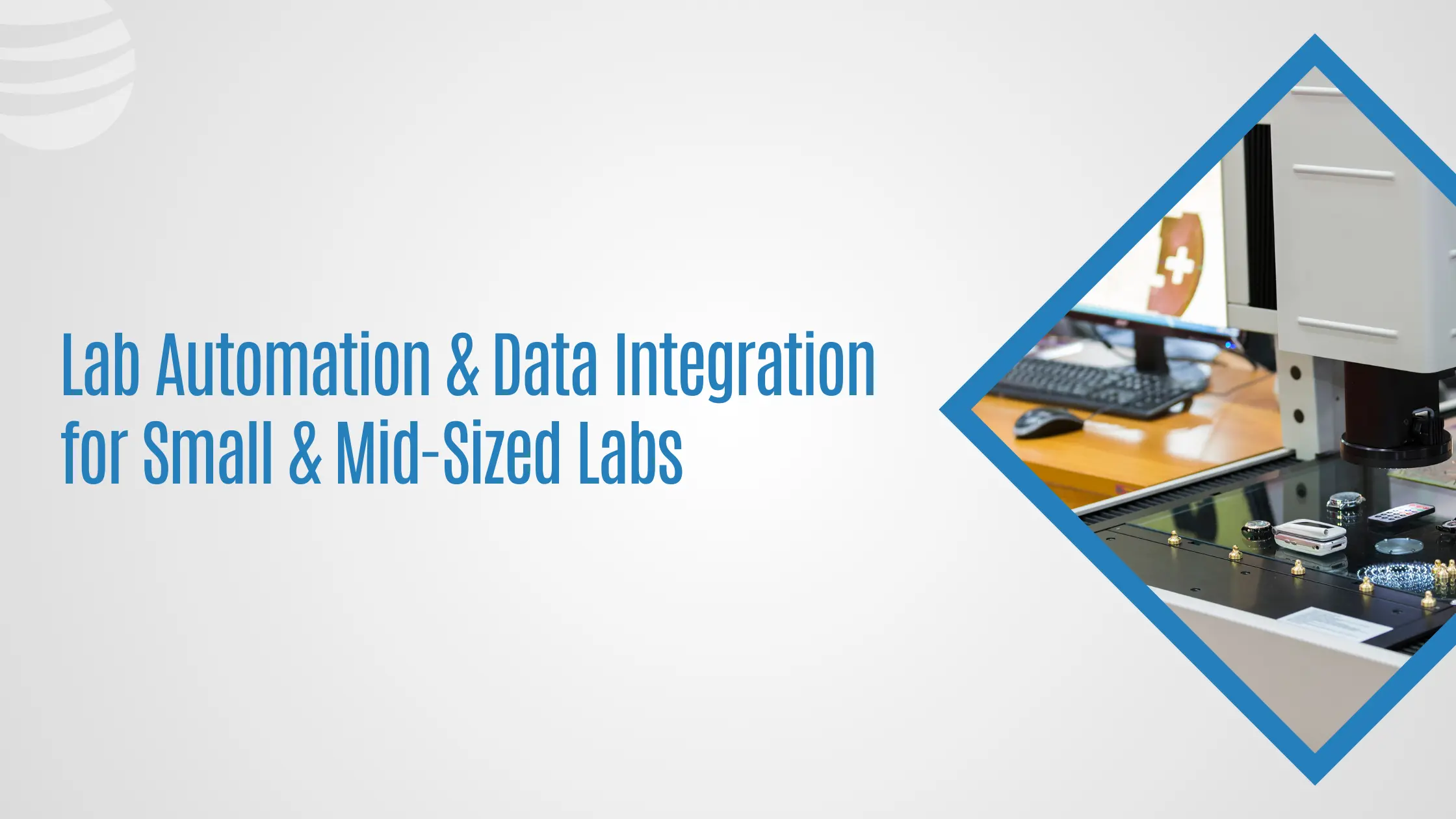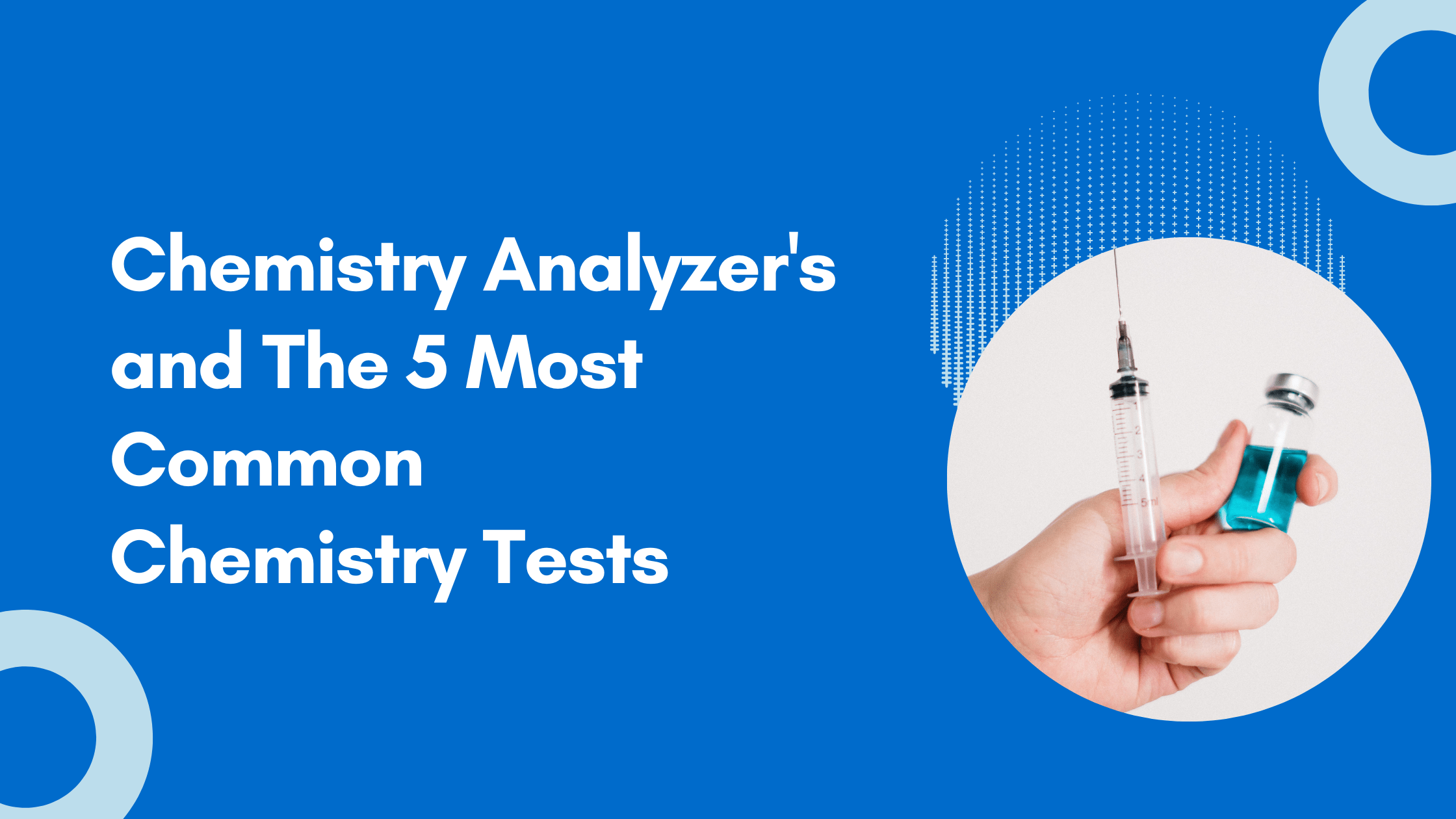What is clinical chemistry?
The branch of chemistry that deals with the analysis of substances are called analytical chemistry
There are many different methods of analysis, each with its advantages and disadvantages.
What are the 5 commonly used blood chemistry tests?
Each test measures different things in your blood, such as red blood cells, white blood cells, platelets, electrolytes, glucose levels, kidney function, liver function, and cholesterol levels.
CBC is the most common blood test and measures all the different types of cells in your blood.
BMP is a basic metabolic panel that measures your sugar and calcium levels, among other things.
CMP is a comprehensive metabolic panel that gives a more detailed look at how your organs function.
A lipid panel measures your cholesterol and triglyceride levels.











